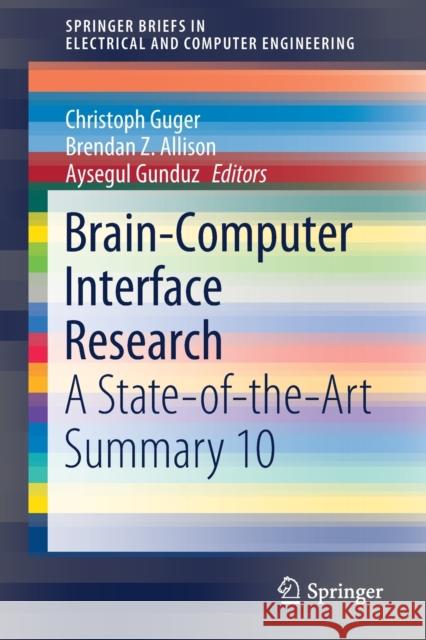Brain-Computer Interface Research: A State-Of-The-Art Summary 10 » książka
topmenu
Brain-Computer Interface Research: A State-Of-The-Art Summary 10
ISBN-13: 9783030792862 / Angielski / Miękka / 2021 / 116 str.
Kategorie:
Kategorie BISAC:
Wydawca:
Springer
Seria wydawnicza:
Język:
Angielski
ISBN-13:
9783030792862
Rok wydania:
2021
Wydanie:
2021
Numer serii:
000450917
Ilość stron:
116
Waga:
0.19 kg
Wymiary:
23.39 x 15.6 x 0.71
Oprawa:
Miękka
Wolumenów:
01
Dodatkowe informacje:
Wydanie ilustrowane











